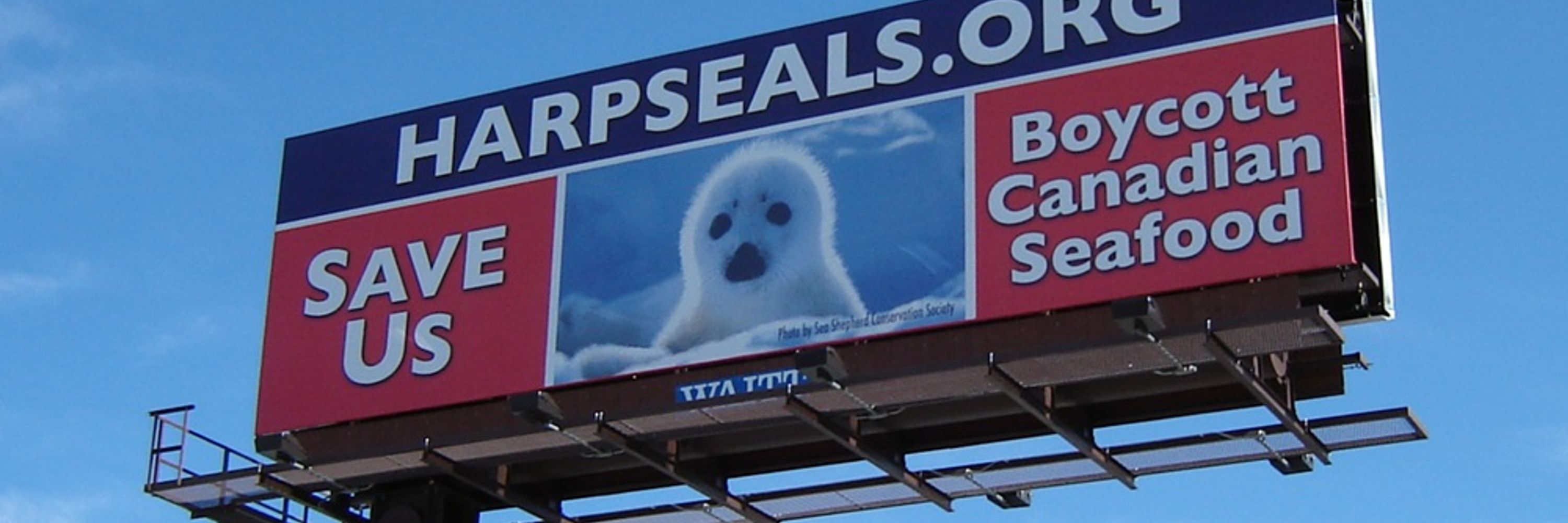
@harpsealsdotorg
@harpsealsdotorg.bsky.social
96 followers
250 following
170 posts
Harpseals.org is a volunteer-run 501(c)(3) non-profit working to end Canada's cruel and reckless commercial seal hunt and Namibia's brutal fur seal massacre. Please help us by spreading the word and making a donation.
Posts
Media
Videos
Starter Packs
Reposted by @harpsealsdotorg
Reposted by @harpsealsdotorg
Reposted by @harpsealsdotorg
Reposted by @harpsealsdotorg
Reposted by @harpsealsdotorg
Reposted by @harpsealsdotorg
Reposted by @harpsealsdotorg


















